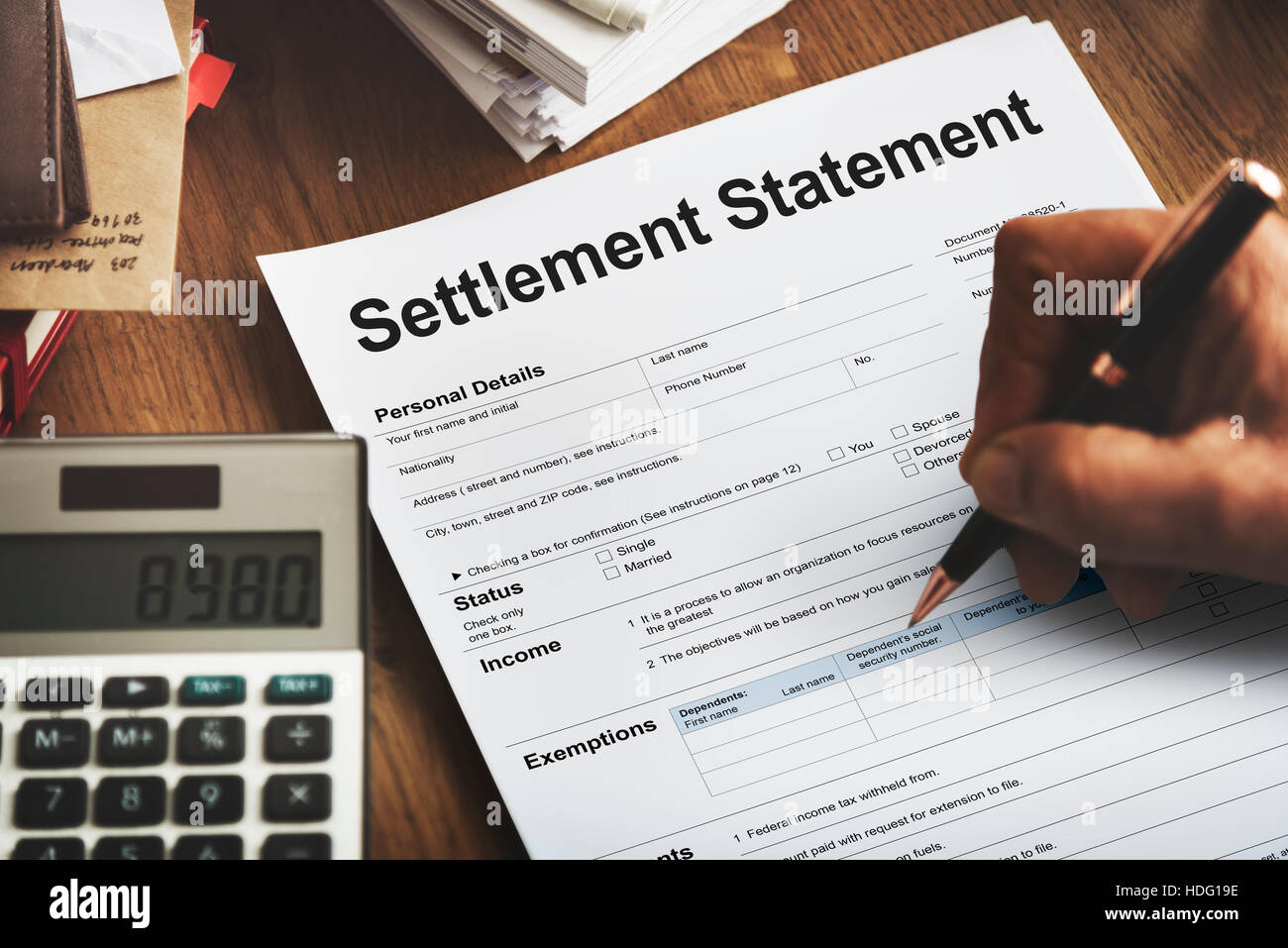
Cost of Selling a House in Queensland Calculator
Selling a house in Queensland involves various costs that sellers need to be aware of in order to make informed decisions. Understanding these costs is crucial for effective financial planning and ensuring a smooth selling process. In this article, we will explore the different expenses involved in selling a house in Queensland and provide insights into the cost factors associated with each stage. Whether you’re a first-time seller or have prior experience, this article will equip you with the knowledge to navigate the financial aspects of selling your house in Queensland successfully.
Costs of Selling a House in Queensland
When selling a house in Queensland, it’s essential to consider the following costs:
Real Estate Agent Fees
One of the primary costs associated with selling a house is the real estate agent fees. Real estate agents play a crucial role in marketing and selling your property. They charge a commission based on the final sale price, typically ranging from 2% to 4%. The commission percentage may vary based on factors such as the location, property value, and the agent’s negotiation skills.
Negotiating the agent’s fee is possible in some cases. It’s advisable to compare multiple agents and their services before making a decision. Remember, the cheapest option may not always be the best, as the agent’s expertise and marketing strategies can significantly impact the final sale price.
Advertising and Marketing Expenses
Effective marketing is vital to attract potential buyers to your property. Advertising and marketing expenses can include professional photography, online listings, signboards, brochures, and property staging costs. The total cost will depend on the extent of marketing you choose to employ. It’s important to strike a balance between reaching a wide audience and managing your budget effectively.
Investing in high-quality marketing materials can make a significant difference in attracting the right buyers and maximizing the selling price. Discuss marketing strategies with your real estate agent and consider their recommendations based on the target market and property type.
Conveyancing or Solicitor Fees for Selling a House
Conveyancing is the legal process of transferring the property title from the seller to the buyer. Conveyancers play a crucial role in handling the necessary paperwork, conducting property searches, and ensuring all legal requirements are met. Conveyancing fees can vary depending on the complexity of the transaction, property type, and the conveyancer’s fees.
When selecting a conveyancer, consider their experience, reputation, and cost. It’s advisable to engage a licensed conveyancer or solicitor with expertise in property law to handle the conveyancing process efficiently.
Owner Selling House Tenants Rights
If you are selling a property that has tenants, it’s important to understand their rights during the selling process. The Residential Tenancies and Rooming Accommodation Act 2008 in Queensland provides certain rights and obligations for both tenants and property owners.
The law requires the property owner to provide proper notice to the tenants before showing the property to potential buyers. Generally, the owner needs to provide a minimum of 24 hours’ notice for inspections, and tenants have the right to refuse access within reasonable grounds. It’s essential to maintain open communication with tenants and respect their rights throughout the selling process.
Mortgage Release Fee
If you have an existing mortgage on your property, a mortgage release fee may apply. This fee covers the cost of removing the mortgage from the title and releasing the property as security for the loan. The fee can vary depending on the financial institution and the terms of your mortgage agreement.
To determine the mortgage release fee, consult with your lender or financial institution. It’s important to factor this cost into your overall budget when calculating the expenses associated with selling your house.
Cooling-off Period for Seller
In Queensland, a cooling-off period is generally not applicable for sellers. However, if you signed a contract with a cooling-off period and decide to cancel the sale within that timeframe, you may be liable to pay the buyer a termination penalty, typically a percentage of the purchase price. It’s crucial to understand the terms and conditions of the contract before signing to avoid any unforeseen financial consequences.
Can Vendor Cancel Contract of Sale?
Yes, a vendor can cancel a contract of sale under certain circumstances. However, this action may have legal consequences and could result in financial penalties. If you wish to cancel a contract, seek legal advice and consider the specific terms and conditions outlined in the agreement. It’s essential to understand your rights and obligations as a vendor before taking any action.
Caveat Property Law
A caveat is a legal notice lodged on the title of a property to protect the interest of a third party. It alerts potential buyers and other parties about an existing claim, restriction, or dispute associated with the property. When selling a house with a caveat, it’s important to disclose this information to potential buyers and ensure the caveat is resolved or transferred appropriately.
Selling a House with a Caveat
Selling a house with a caveat on it can be more complicated compared to a property without any encumbrances. Disclosing the caveat to potential buyers is crucial to avoid legal complications in the future. Seek legal advice to understand the process of resolving any issues related to the caveat and ensure a smooth transaction.
Cost to Sell a House in Queensland
Calculating the total cost of selling a house in Queensland requires considering all the above-mentioned expenses. Additionally, there may be other costs, such as repairs, renovations, and home staging, that should be accounted for when estimating the overall expenses. It’s recommended to consult with professionals, such as real estate agents, solicitors, and conveyancers, to obtain accurate cost estimates based on your specific circumstances.
In conclusion, selling a house in Queensland involves various costs that sellers need to be aware of and plan for. Understanding these costs and their implications is crucial for making informed decisions and ensuring a successful sale. By considering the real estate agent fees, advertising and marketing expenses, solicitor fees, conveyancing fees, tenant rights, mortgage release fees, and contract obligations, sellers can navigate the selling process with confidence.
FAQs (Frequently Asked Questions)
1. What is the average real estate agent commission in Queensland? The average real estate agent commission in Queensland typically ranges from 2% to 4% of the final sale price. However, the commission percentage may vary based on factors such as the location, property value, and negotiation skills of the agent.
2. Can I negotiate the agent’s fee? Yes, you can negotiate the agent’s fee in some cases. It’s advisable to compare multiple agents and their services before making a decision. However, it’s important to consider the agent’s expertise and marketing strategies, as the cheapest option may not always be the best.
3. How much does advertising and marketing a house cost? The cost of advertising and marketing a house can vary depending on the extent of marketing employed. Expenses may include professional photography, online listings, signboards, brochures, and property staging costs. It’s essential to strike a balance between reaching a wide audience and managing your budget effectively.
4. Are solicitor fees fixed or variable? Solicitor fees for selling a house in Queensland can be either fixed or variable. The fees may depend on factors such as the complexity of the sale, the solicitor’s experience, and their fee structure, whether it’s an hourly rate or a fixed fee.
5. What happens if the vendor cancels the contract of sale? If the vendor cancels the contract of sale, there may be legal consequences and financial penalties involved. It’s important to seek legal advice and consider the specific terms and conditions outlined in the agreement before taking any action.
This is general advice only, for specific legal advice please contact your legal representative.





